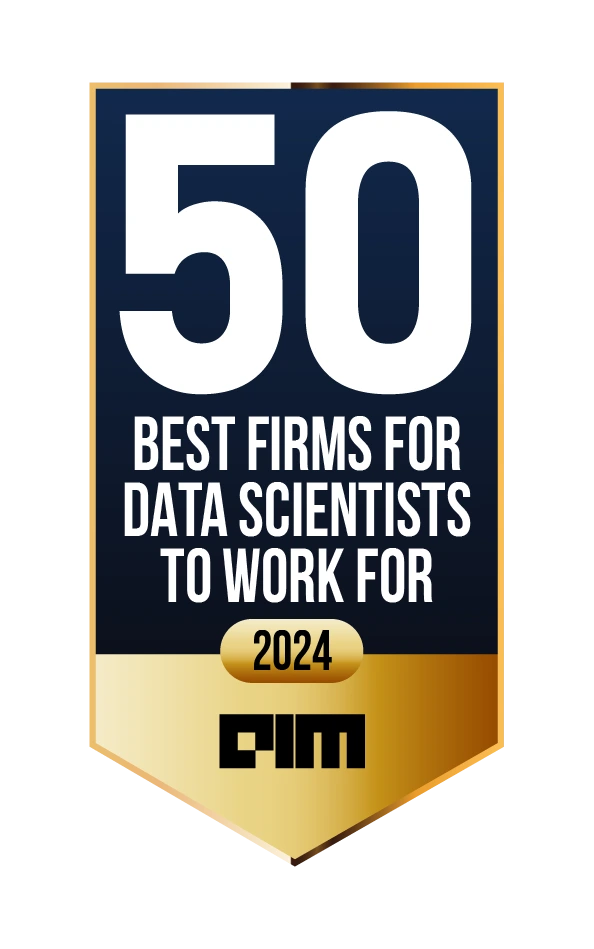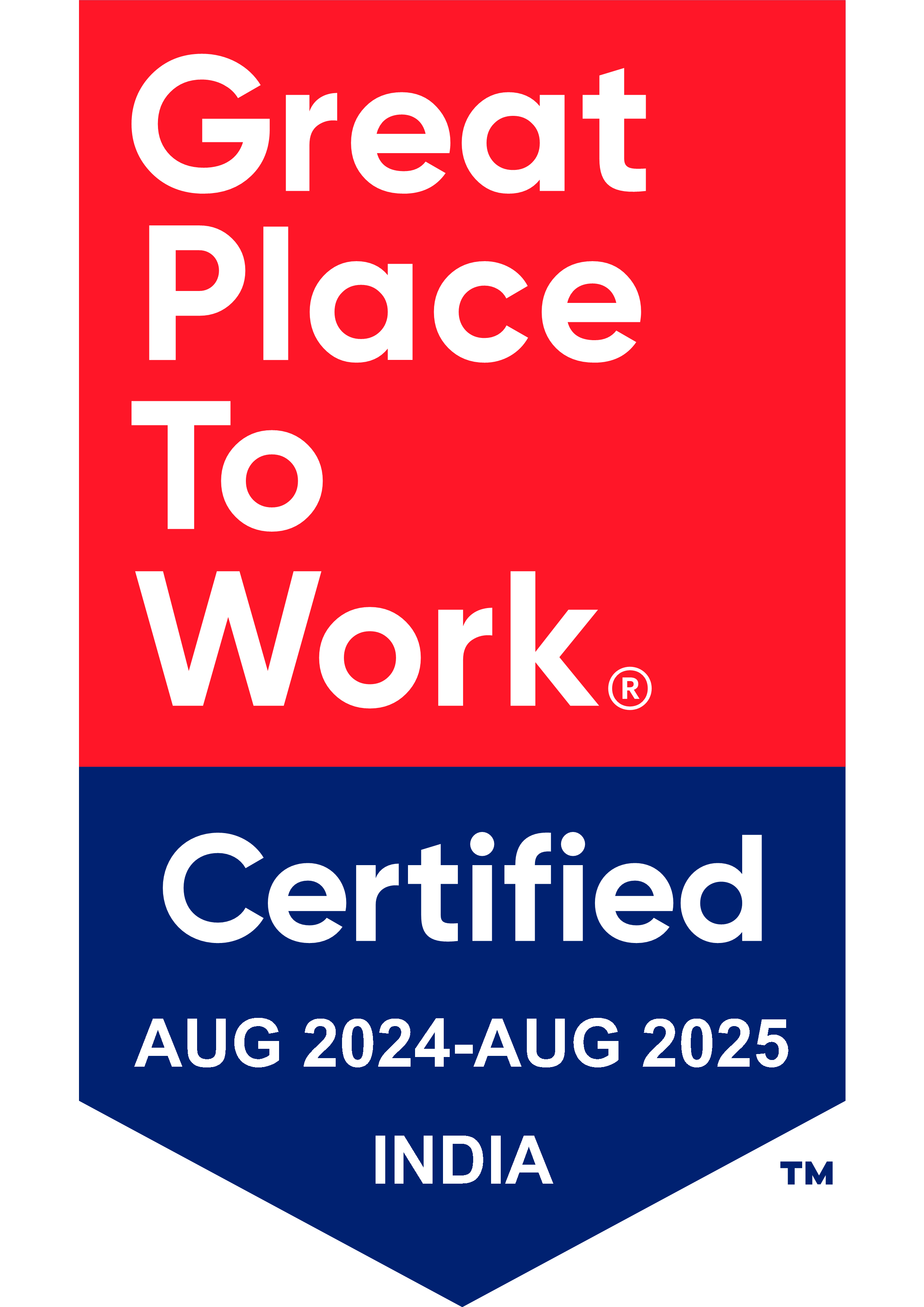Dip Roy on Building Successful Data Science Careers: Insights, Skills, and Emerging Trends
- Team Aays

- Dec 18, 2024
- 6 min read

In this interview, we sit down with Dip Roy to gain valuable insights into his journey in the world of data science. From his early fascination with data to his approach to building impactful models, Dip shares his experiences, advice for aspiring data scientists, and the skills that have shaped his success.
The key to thriving in data science is staying curious, embracing challenges, and never losing sight of the real-world impact you can create - Dip Roy.
What inspired you to pursue a career in data science, and how has your journey evolved since you started?
Dip: My passion for data science initially ignited during my college years when the field was still emerging as an academic subject. I was captivated by the scope of information and how it could be harnessed to make informed decisions.
I built a solid foundation in Java, which allowed me to join an organization where I was introduced to Python. As I began working with Python, my interest in data science grew significantly. I became fascinated by the potential of machine learning models, particularly their ability to make predictions and uncover patterns from data. Concepts like deep learning and neural networks, which mimic the human brain, captivated me. The power of computer vision, especially in applications like object detection, further sparked my interest.
Since then, my career has evolved to include working with forecasting models and exploring the transformative capabilities of generative AI. The constant advancements in the field continue to inspire me as I apply these technologies to uncover new insights.
How do you approach building models that balance accuracy, interpretability, and scalability?
Dip: In my experience, building models starts with understanding the use case and stakeholders. At Aays, we ensure data is clean and features are meaningful, often beginning with simple models for a baseline and moving to complex methods if accuracy demands it, while maintaining interpretability through techniques like feature importance analysis.
We address scalability by optimizing models for production, using tools like ONNX or TensorRT and leveraging distributed frameworks when needed. Continuous monitoring ensures the model stays relevant, and clear documentation helps build trust with stakeholders. This approach ensures our models are practical, effective, and aligned with business goals.
How does Aays support your professional growth and learning in the rapidly evolving field of data science?
Dip: Aays has been instrumental in supporting my professional growth by providing me with the opportunity to work on a wide range of projects, each with unique use cases and expectations. This exposure has significantly enhanced my critical thinking and problem-solving abilities, allowing me to approach challenges from different perspectives and develop creative solutions. My mentors have consistently ensured that I have access to the right support and resources needed.
Have you had the chance to mentor or be mentored by someone at Aays? How has that shaped your journey?
Dip: Yes, I’ve mentored the new joinees here and also I have had an opportunity to be mentored by some amazing team members. My mentors have provided me with valuable insights and guidance, helping me with my technical and problem-solving growth. On the other side, mentoring newcomers has reinforced my knowledge, improved my communication skills, and has helped develop my leadership abilities.
What advice would you give to aspiring data scientists who want to build a successful career in this field?
Dip: My advice would be - start with the basics. Master the fundamentals - statistics, programming languages like Python or R, and data manipulation. These are your building blocks, and having a strong grip on them will make it much easier to solve real-world problems.
Then, get your hands dirty. Work on projects, participate in Kaggle competitions, or even contribute to open-source initiatives. Nothing beats practical experience when it comes to building your skills and portfolio.
Also, don’t stop learning. Keep experimenting, stay curious, and don’t be afraid to make mistakes - that’s where real learning happens.
And don’t just think about the technical side - Understanding the business context is key. If you can connect the dots between data and decisions, that’s a game-changer. Another very important aspect is communication. To be able to explain your insights clearly and effectively is very important. That’s how you make an impact. Finally, collaborate. Engage with the data science community, work with your peers, and seek out mentors. This can really accelerate your growth.
Are there any essential skills or mindsets you believe are crucial for thriving in data science careers?
Dip: In my opinion, excelling in a data science career goes beyond just technical skills - it’s about mindset too.
Analytical thinking is a must - you need to break down complex problems and find patterns in data. Then you need to be curious. You have to love learning and staying on top of new trends. Problem-solving is key, especially when you’re aligning technical work with real-world business needs. Finally, persistence is something I’ve found invaluable. Things don’t always work on the first try, and you need patience and determination to push through.
With AI and data science evolving rapidly, how do you stay updated on the latest trends and tools?
Dip: Staying updated is something I always do. I make it a point to follow industry leaders - reading blogs, keeping an eye on what experts share on social media, and learning from the insights of influential figures in the field.
I also like getting hands-on with new tools and frameworks. I experiment with emerging technologies and contribute to open-source projects. Being part of online communities like GitHub, Stack Overflow, and Kaggle has been very valuable.
What do you see as the next big challenge or opportunity in data science? How do you see yourself contributing to it?
Dip: The next big challenge in data science is handling scalability and interpretability as data grows exponentially. With the rise of big data, AI models are becoming more complex, and it is crucial to find ways to build models that are both scalable and interpretable for decision-makers.
I see myself contributing by focusing on developing efficient, scalable models. I’m also passionate about improving model transparency and ensuring the ethical use of data.
Where do you see your career heading in the next 5 years?
Dip: In the next 5 years, I see myself advancing as a data science expert, taking on more strategic responsibilities and leading projects that deliver measurable business impact. I plan to deepen my knowledge of AI and machine learning, focus on innovative problem-solving, and contribute to building data-driven solutions that drive growth and efficiency.
What is a fun fact about you that most people at Aays might not know?
Dip: One fact about me which is still a secret is that I am a good cook and I specialize in authentic Bengali cuisines.
About Dip Roy
Dip Roy is a data scientist at Aays, where he leverages his expertise in AI, machine learning, and data analytics to solve complex business problems. With a passion for continuous learning and innovation, Dip has contributed to impactful projects that drive meaningful outcomes.
Frequently Asked Questions
What skills are essential for a successful data science career?
A successful data science career requires strong skills in programming (Python, R), statistics, machine learning, and data visualization. Proficiency with data manipulation tools (e.g., SQL, Pandas) and experience in big data technologies like Hadoop or Spark are also important. Additionally, problem-solving and communication skills are key for translating data insights into actionable business strategies.
How can I start a career in data science?
To start a career in data science, begin by learning foundational programming languages and statistics. Pursue relevant courses or certifications in data science, machine learning, and AI. Practical experience, such as internships or personal projects, will help build a strong portfolio. Networking and staying up to date with industry trends can further boost your chances of landing a job in this field.
What are the career growth opportunities in data science at Aays?
At Aays, data scientists have opportunities to work on cutting-edge AI and machine learning projects across functions like finance and supply chain. With a focus on innovation and continuous learning, career growth includes the chance to specialize in areas such as reinforcement learning, predictive modeling, or data engineering. We provide mentorship, training, and a people-first culture to help you grow in your data science career.
What types of roles are available in data science at Aays?
Aays offers a range of data science roles including Data Scientist, Machine Learning Engineer, AI/ML Researcher, Data Analyst, Data Architect, and more. Our teams work on high-impact projects involving AI-driven analytics and data engineering, allowing professionals to apply their expertise across various domains. Ready to thrive? Join our team.









Comments